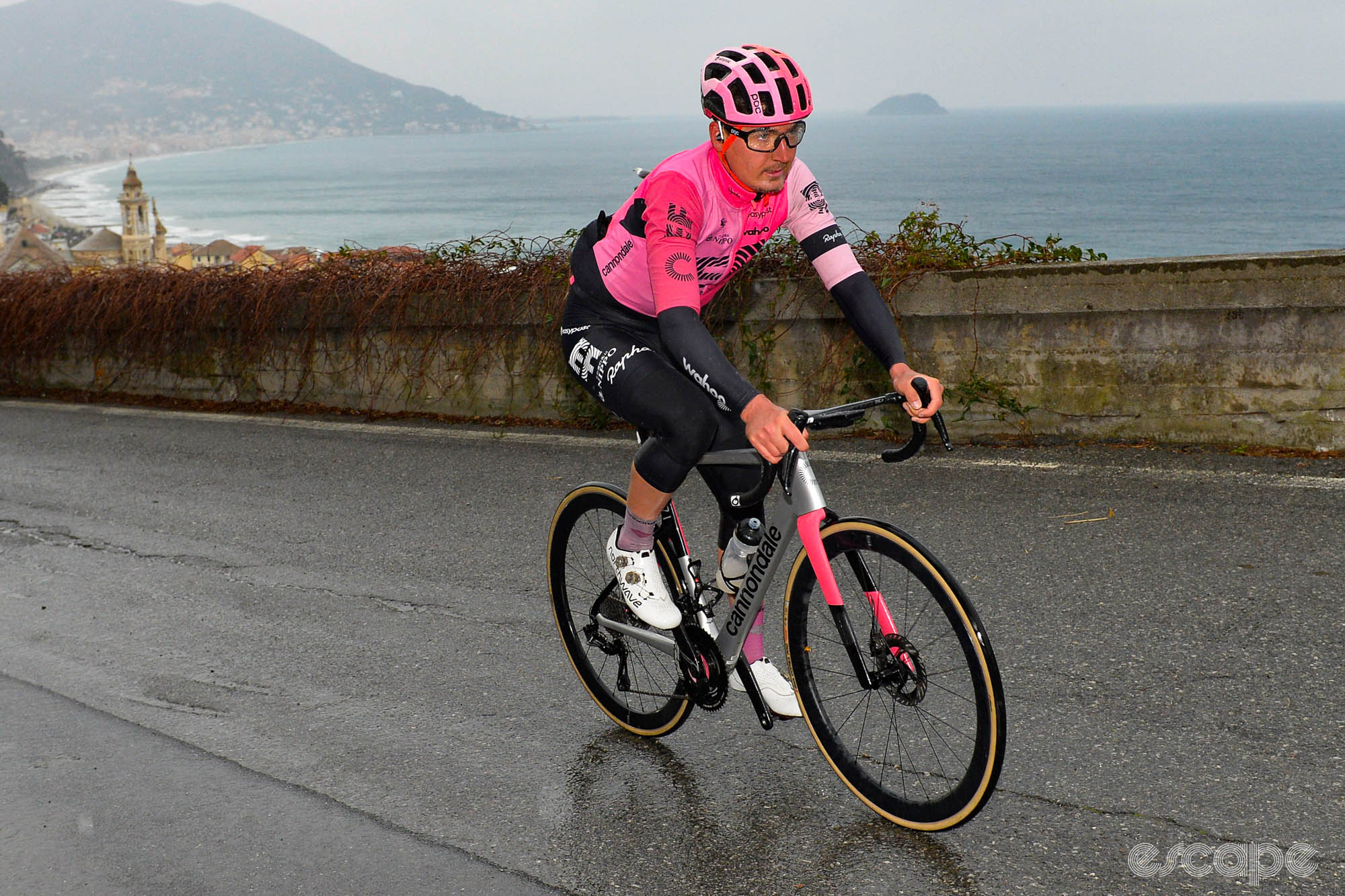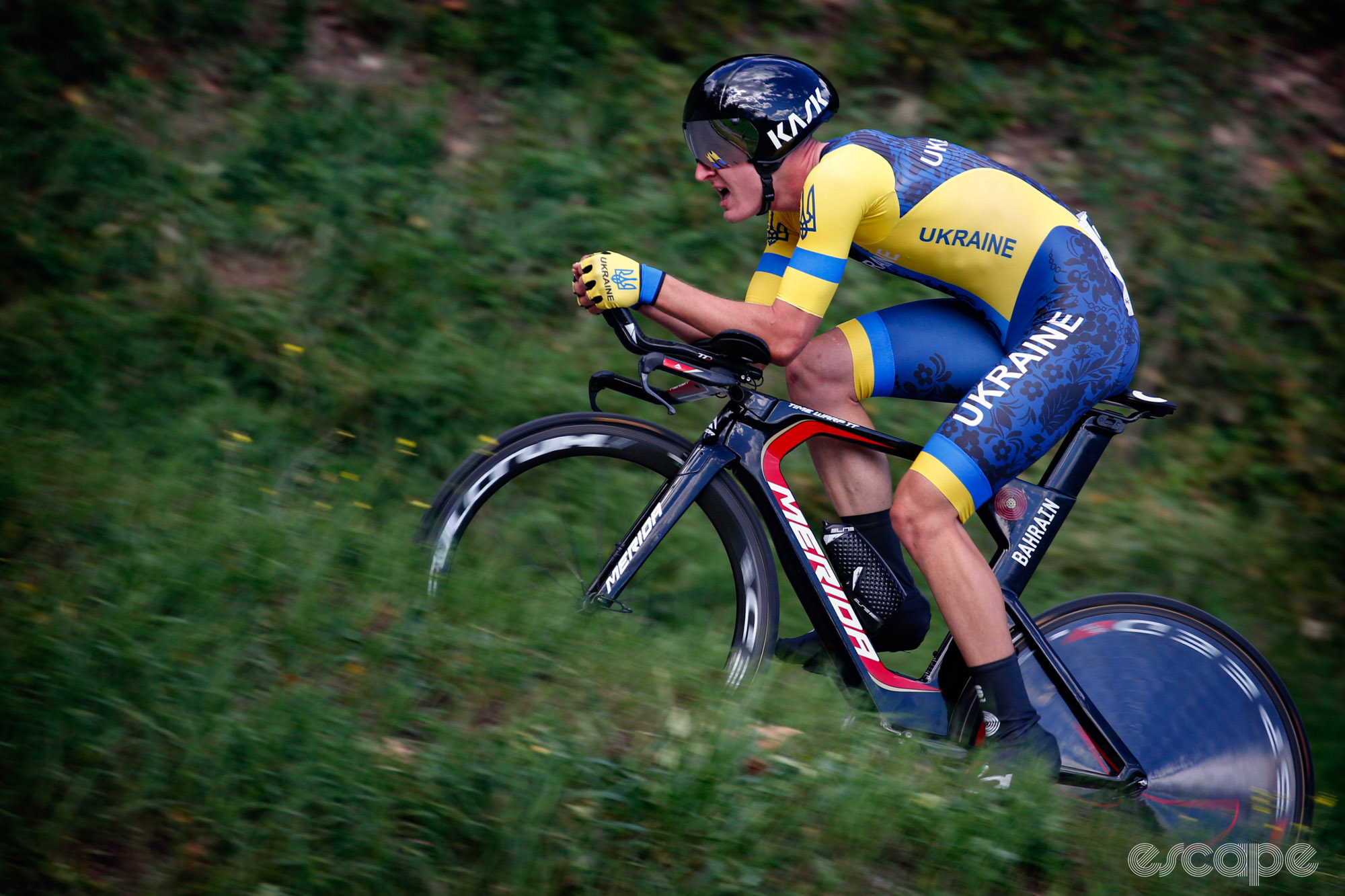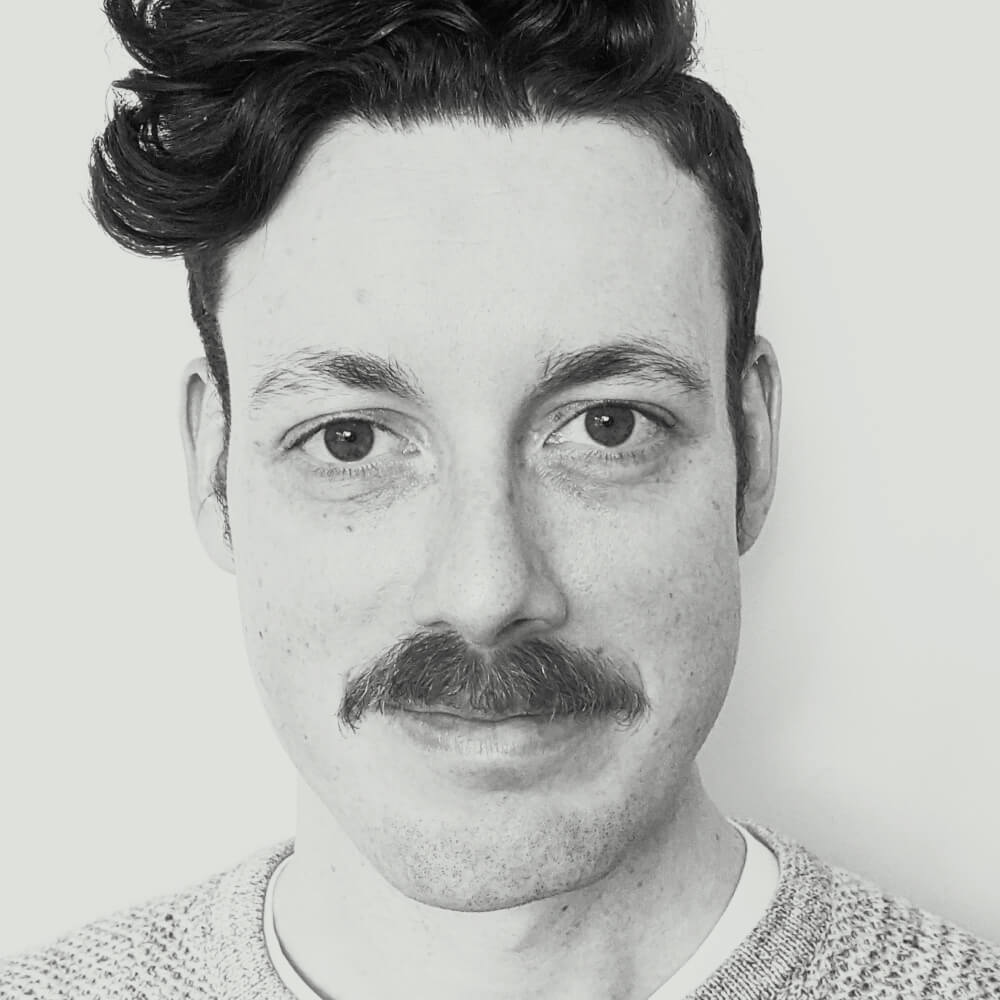Russia has drafted a bill outlining its plans to integrate annexed regions of Ukraine into the country’s sporting system, according to state news agency TASS.
The legislation, put forward by the State Duma Committee on Physical Culture and Sports, is expected to be adopted at a meeting today.
The bill covers the territories of the Donetsk People’s Republic (DPR) and Luhansk People’s Republic (DPR), in the country’s east, as well as the Ukrainian regions of Kherson and Zaporizhzhia. Russia does not control substantial parts of the latter two, despite claiming them as Russian territory. The international community does not recognise any of the areas as belonging to Russia, with all of them falling inside the internationally recognised boundaries of Ukraine.
Both the DPR and LPR were annexed by Russia in September 2022 following the February 2022 invasion of Ukraine, prompting widespread international outrage. Until the annexation, both People’s Republics were breakaway states formed by Russian-backed paramilitaries in 2014, with conflict bubbling since then. Some of those regional flare-ups had international significance; the Donetsk People’s Republic militia was, along with Russia, found responsible for the downing of Malaysian Airlines MH17 in 2014.
Russia’s plans to incorporate the disputed territories into its state sporting apparatus includes the allocation of more than RUB3.2 billion (US$39 million / €36 million) in funding. Regional sports federations would become affiliated with Russian bodies, with athletes enticed away from Ukraine by scholarships and other financial incentives.
Russian Deputy Prime Minister Dmitry Chernyshenko, on a tour of Luhansk, announced plans to build 10 sporting facilities in Kherson and Zaporizhzhia – despite Ukraine’s recapture of Kherson city in November, and Russia ceding ground in Zaporizhzhia. Russia also announced plans to refurbish 10 additional facilities, many of which were likely damaged through their direct actions.
For athletes from the regions – including Mark Padun (EF Education-EasyPost) – Russian infiltration into the sporting establishments of eastern Ukraine is another example of the corrupting influence of war. When conflict arrived in 2014, Padun, who was born and raised in Donetsk, was sent by his parents to Kyiv at the age of 17.

“My parents understood what my dreams and goals were,” Padun said in an EF Education-EasyPost press release in 2021. “They understood that to train in an area with a war was a bad idea. I left thinking, ‘OK, this is for a few weeks and then I’m going to come back.’ And then it turned out I never went back there to live.”
Padun’s family is now settled in Seattle, while the Ukrainian climber is based in western Europe, where – with Lachlan Morton – he has led fundraising efforts and organised equipment supplies for Ukrainian refugees.
As a result of the war in Ukraine, families across the country have been forced apart, and sport is no safe haven. The UCI has provided financial and material support to Ukrainian athletes from its base in Aigle, Switzerland, and has taken strong – if sometimes muddled – measures in limiting Russia’s ability to use sport for propaganda purposes.
However, simultaneously with Russia’s moves to normalise its presence in annexed territories, the UCI and IOC are reversing their ban on Russian and Belarusian athletes. Russian athletes would then be eligible to compete under ‘Individual Neutral Status’. So too would any Ukrainian athletes that can be coerced into switching allegiances, representing Ukraine’s occupier.
In 2014, Mark Padun escaped the conflict and has built a career for himself away from the grim realities of war. In 2022, for the future Mark Paduns of occupied Ukraine, difficult times lie ahead. In a conflict that continues to tear lives apart, ‘neutrality’ is not an abstract pondering but a forced series of compromises.
Did we do a good job with this story?

